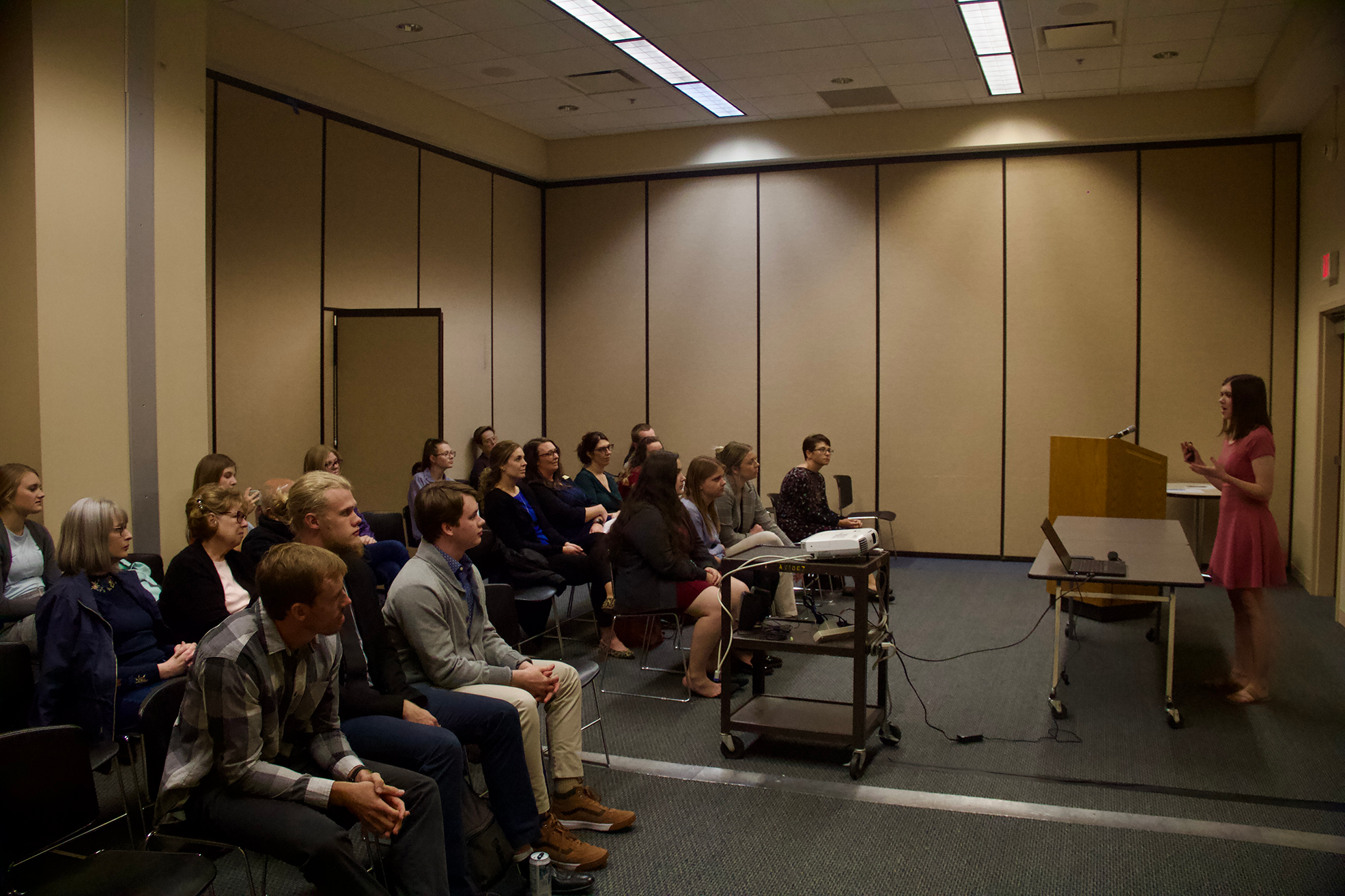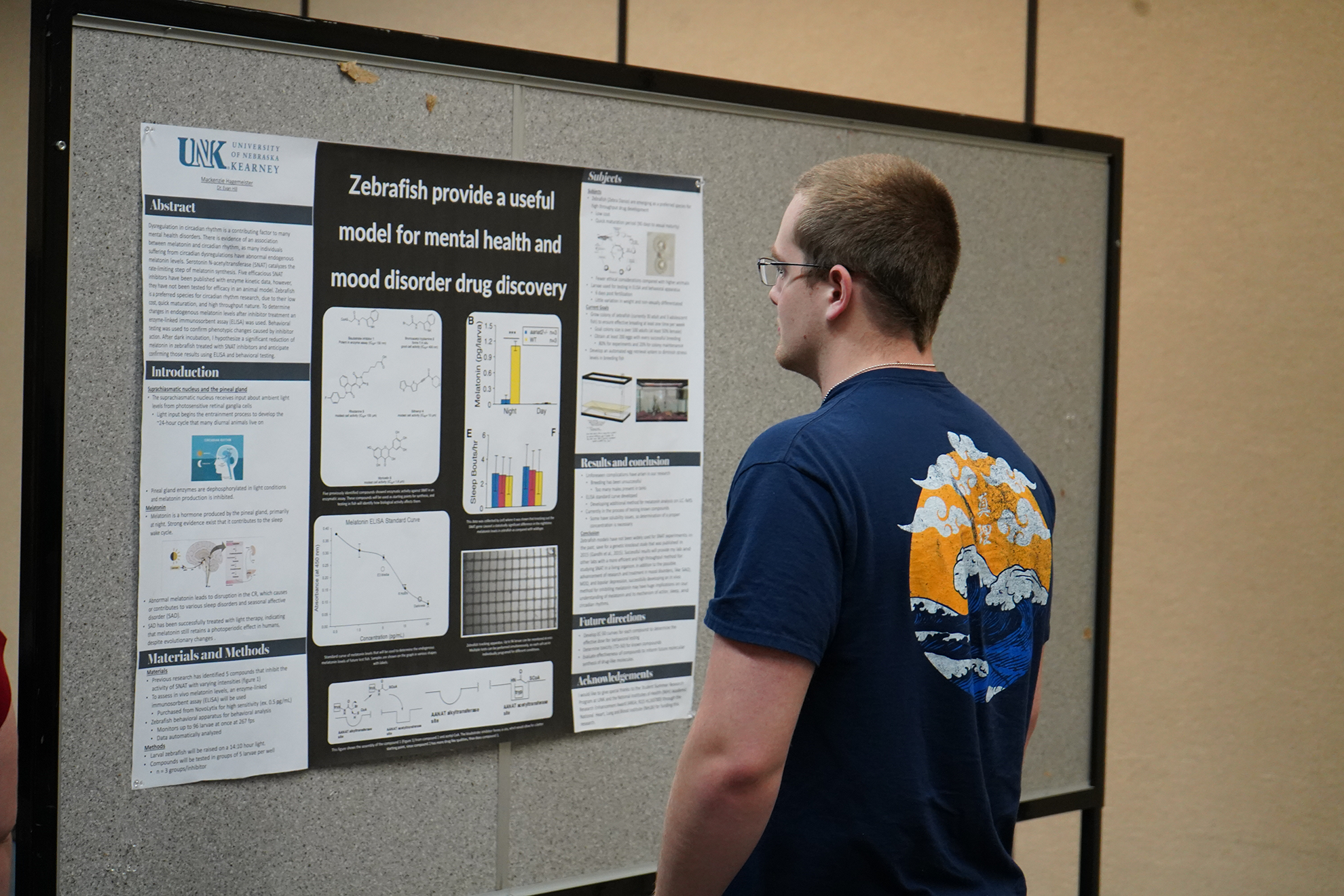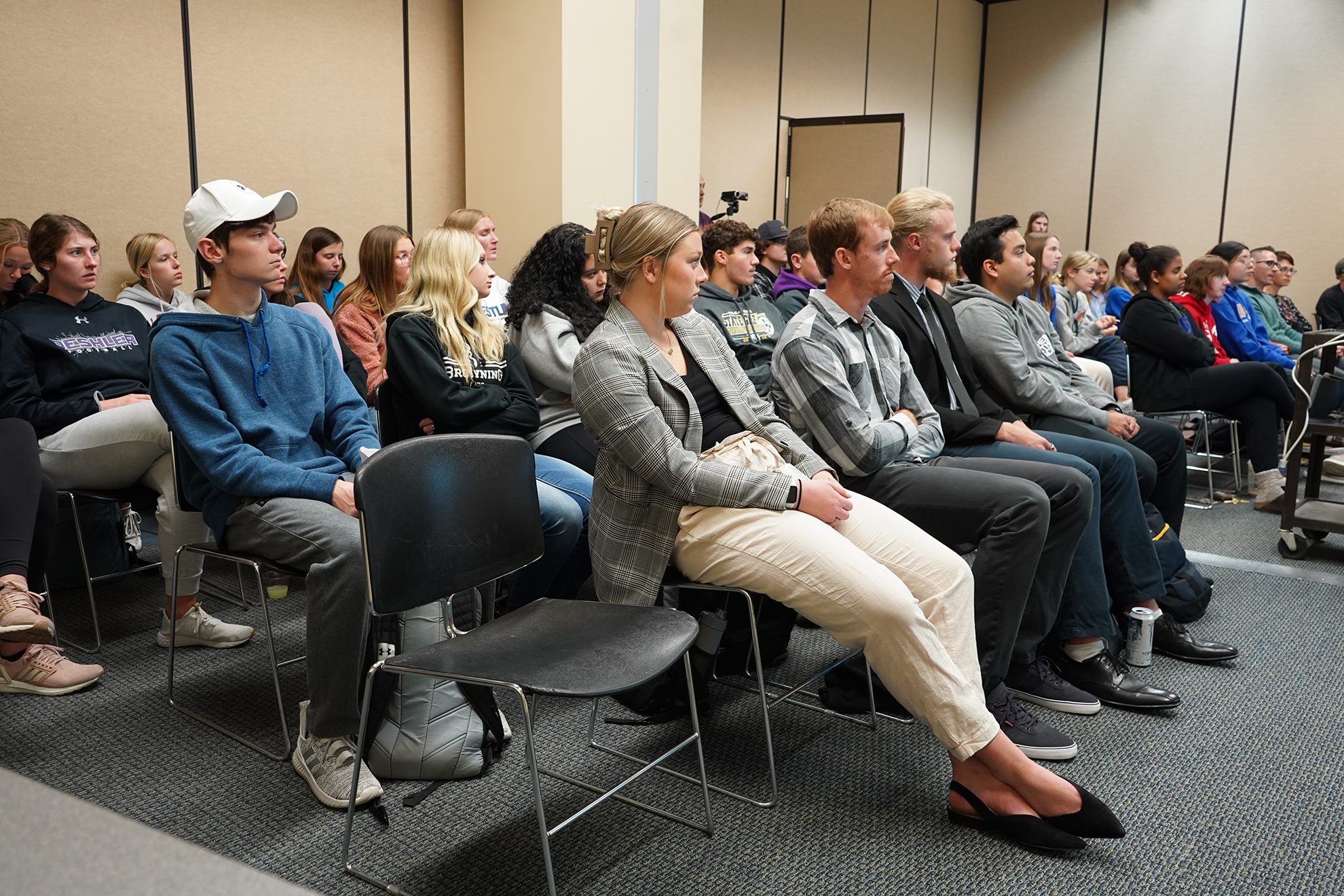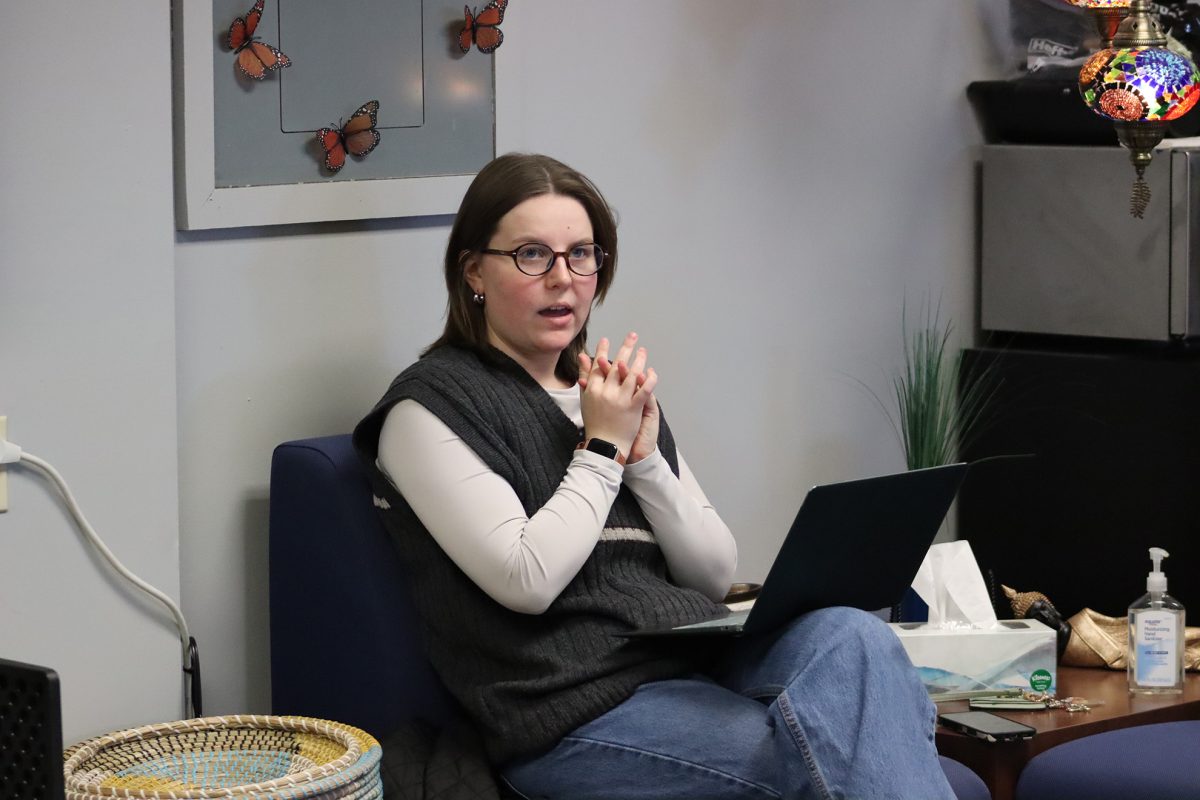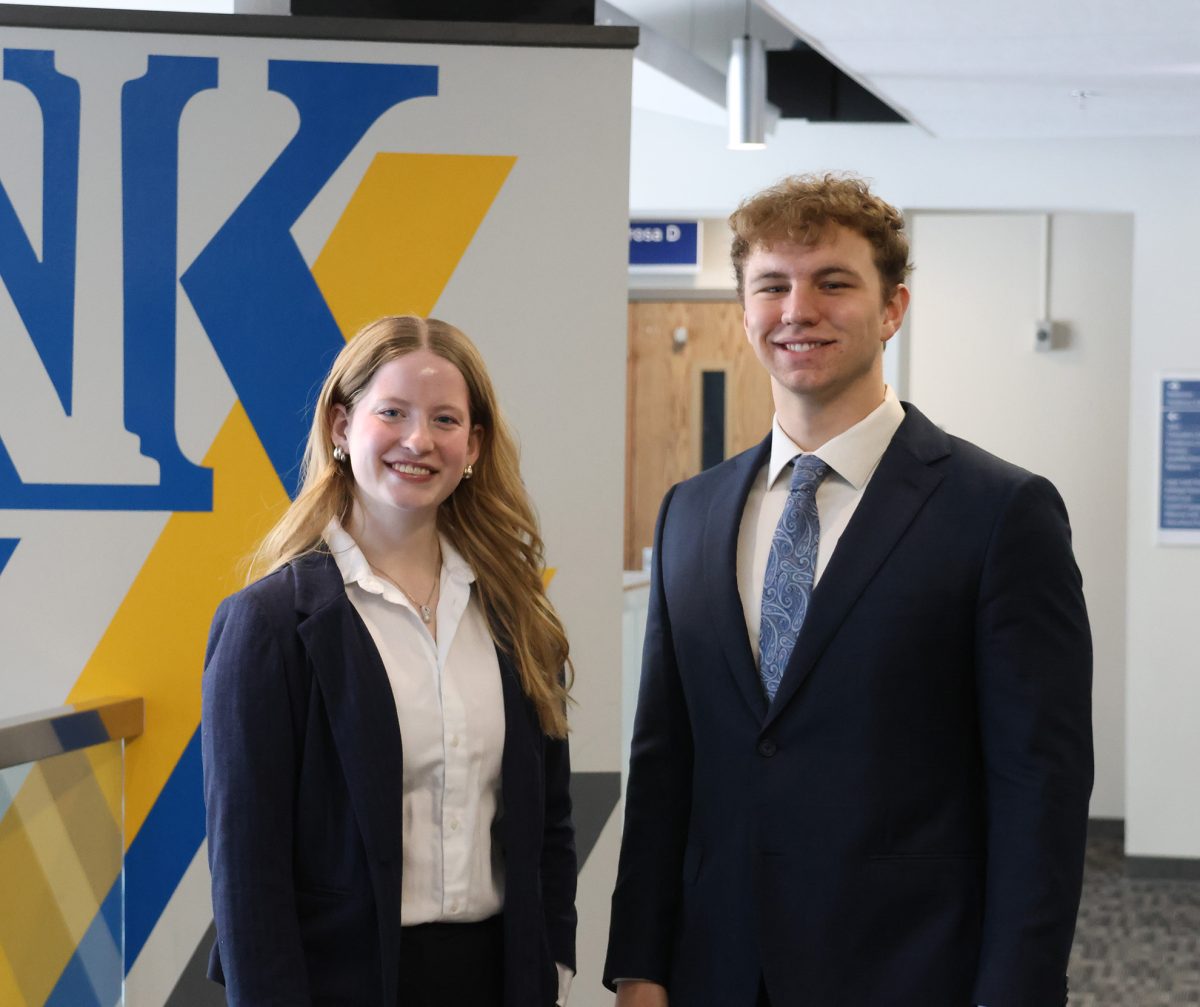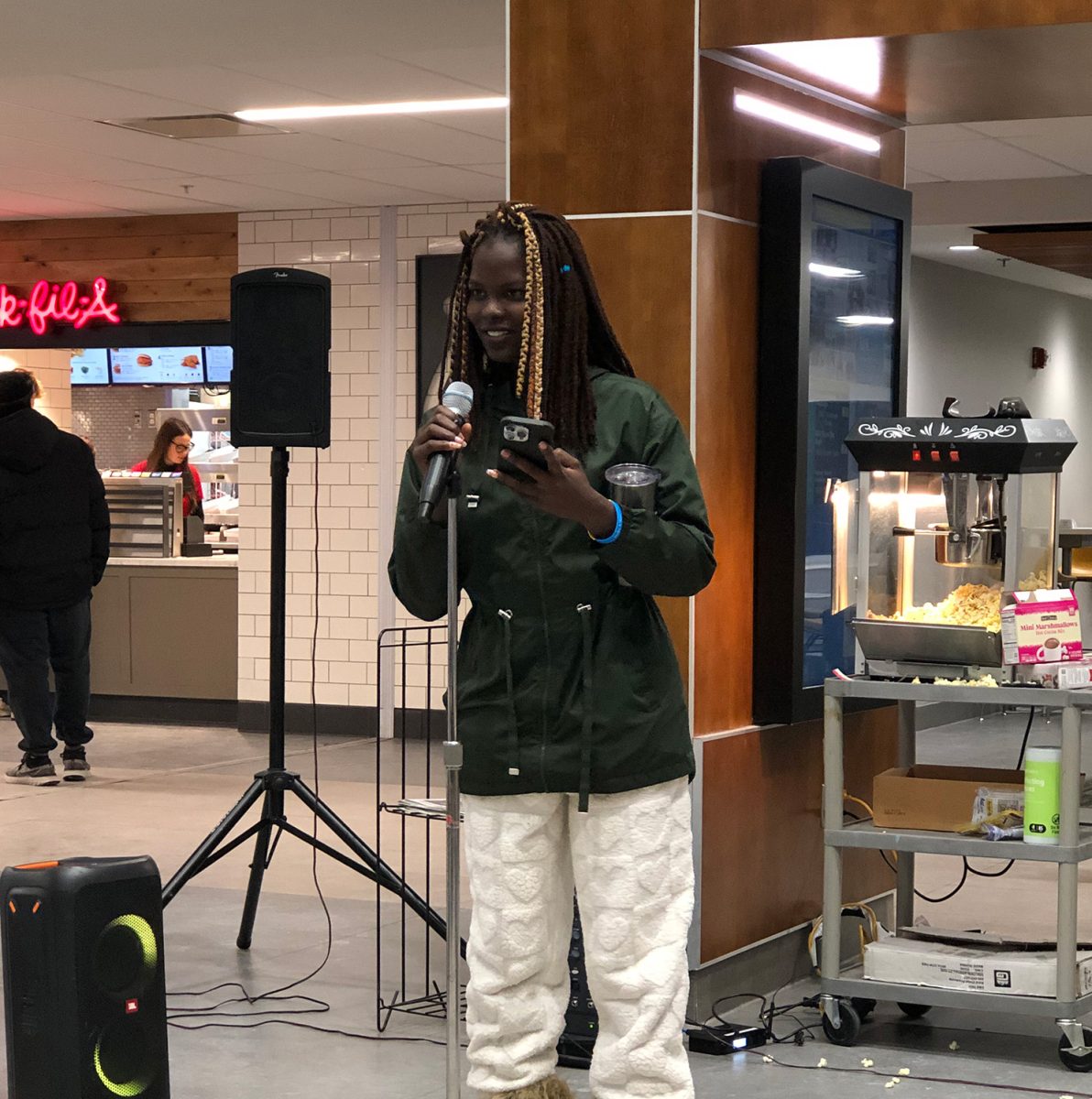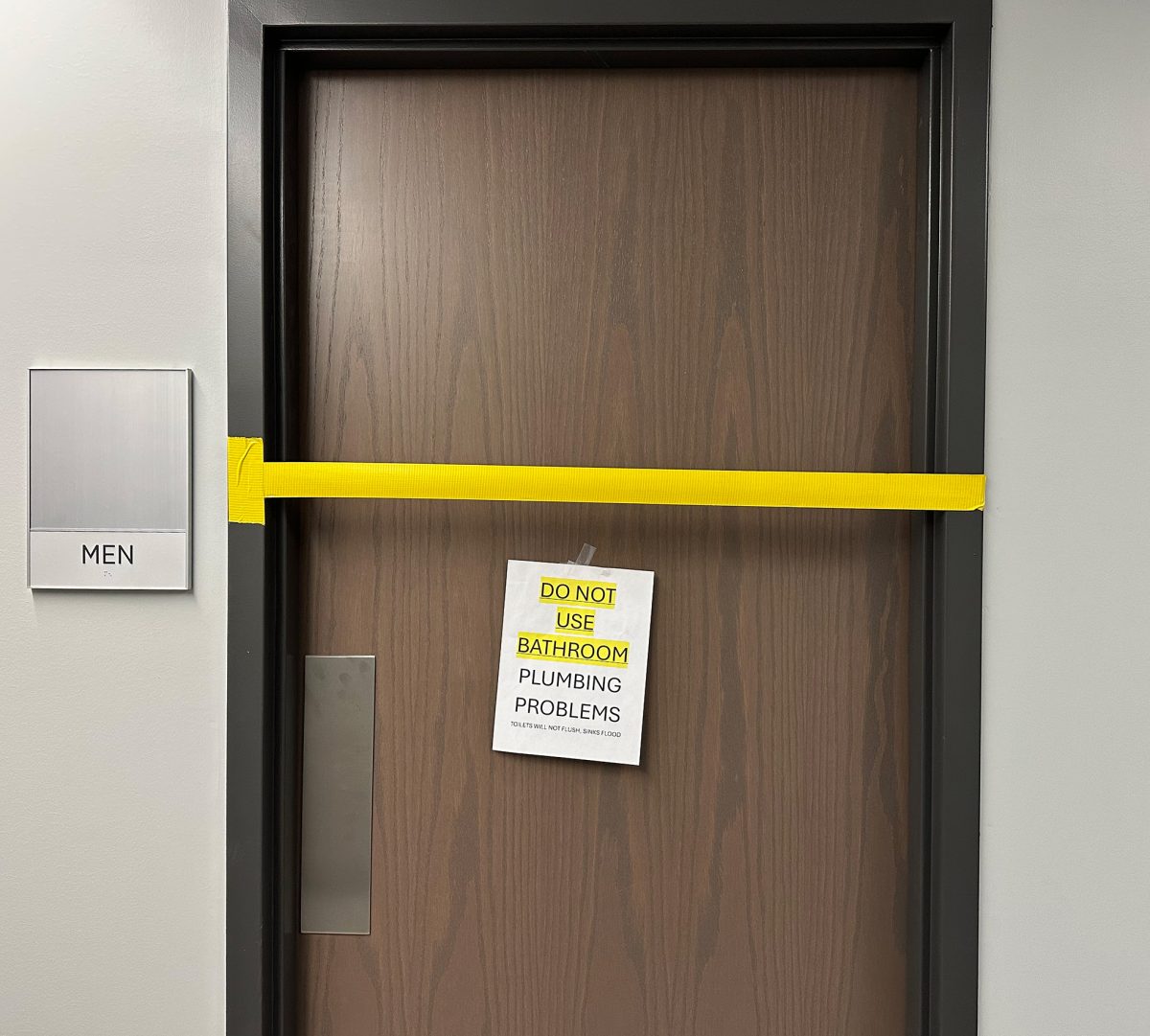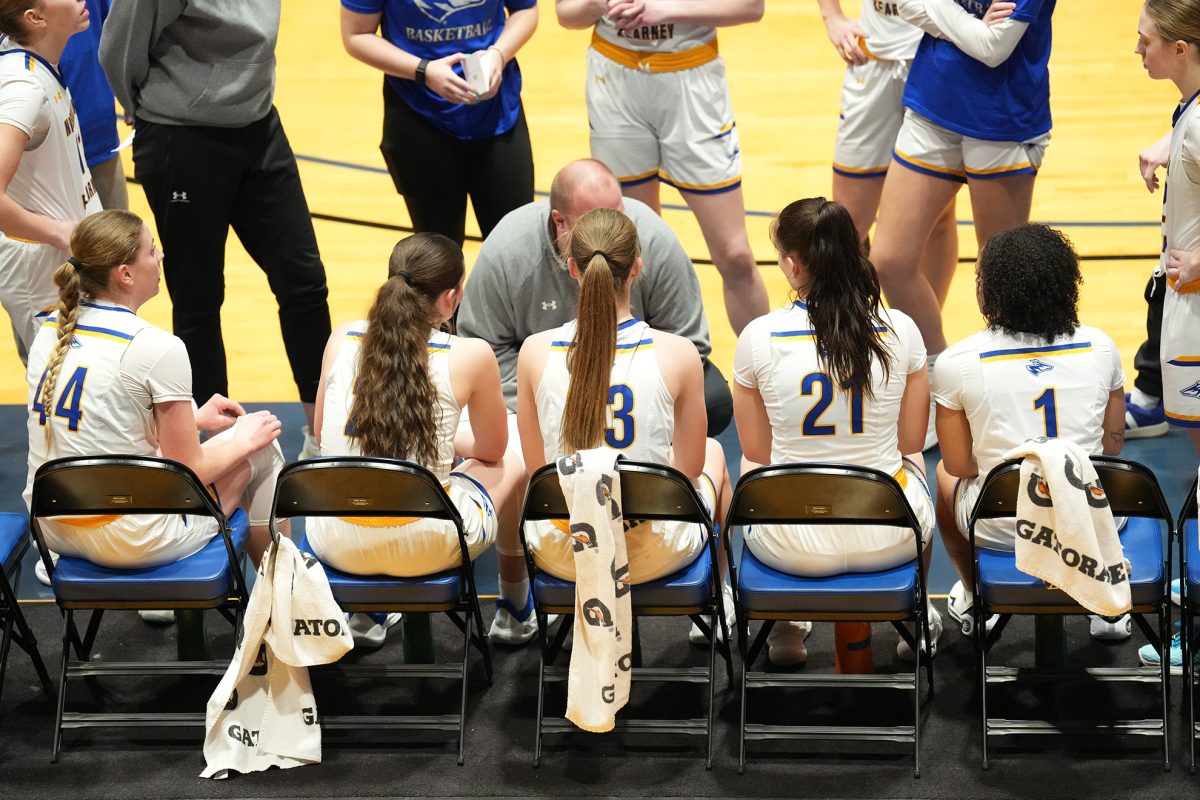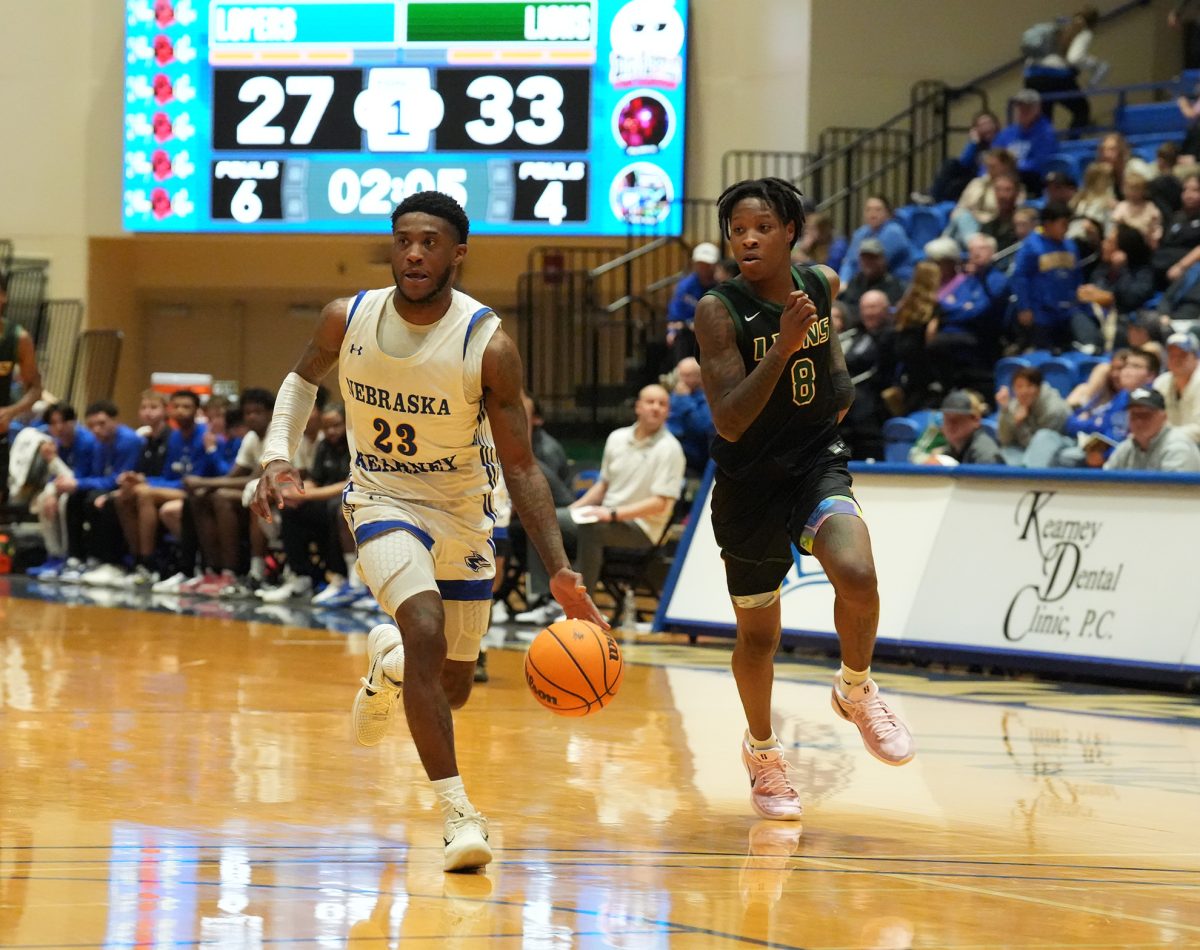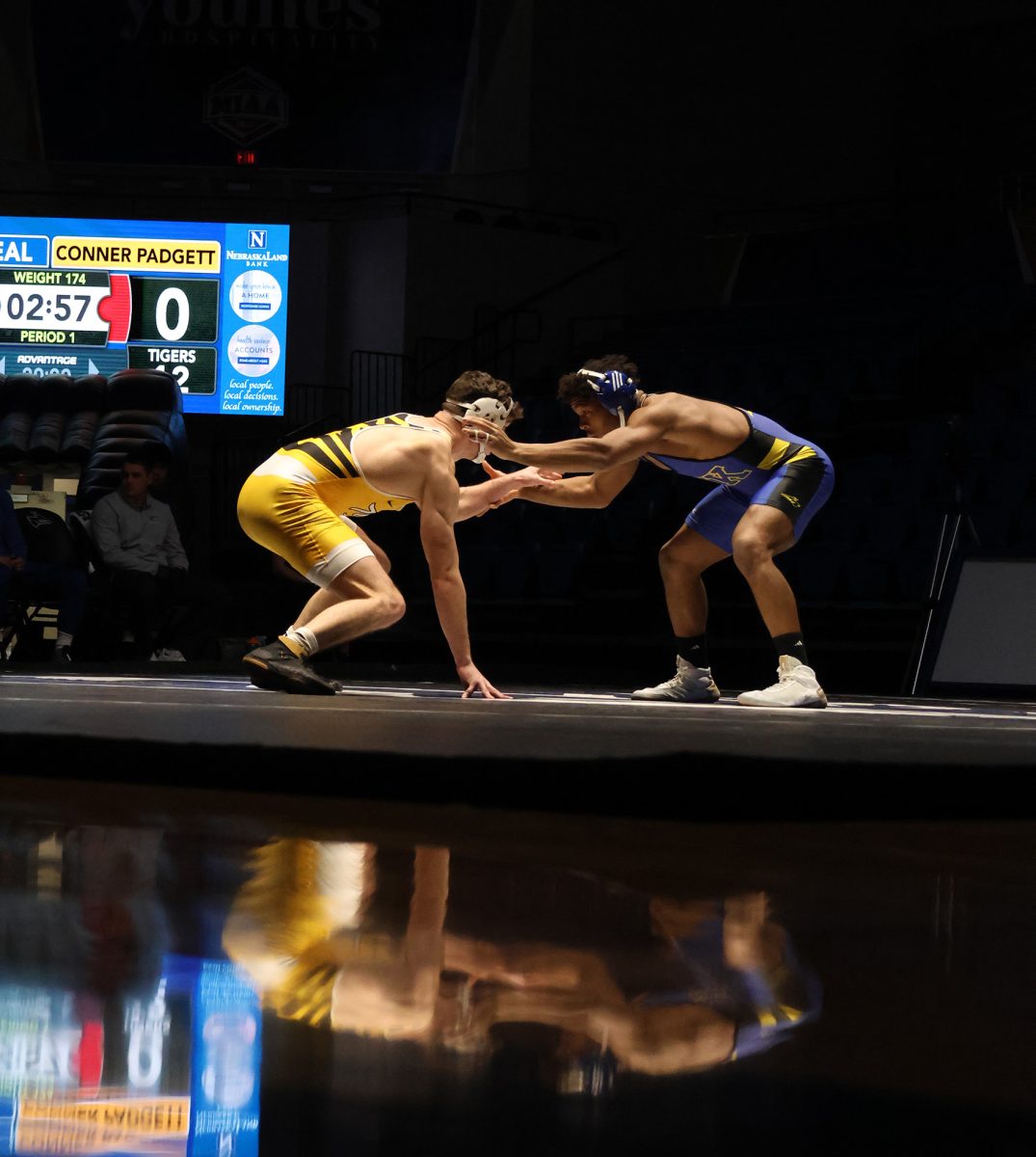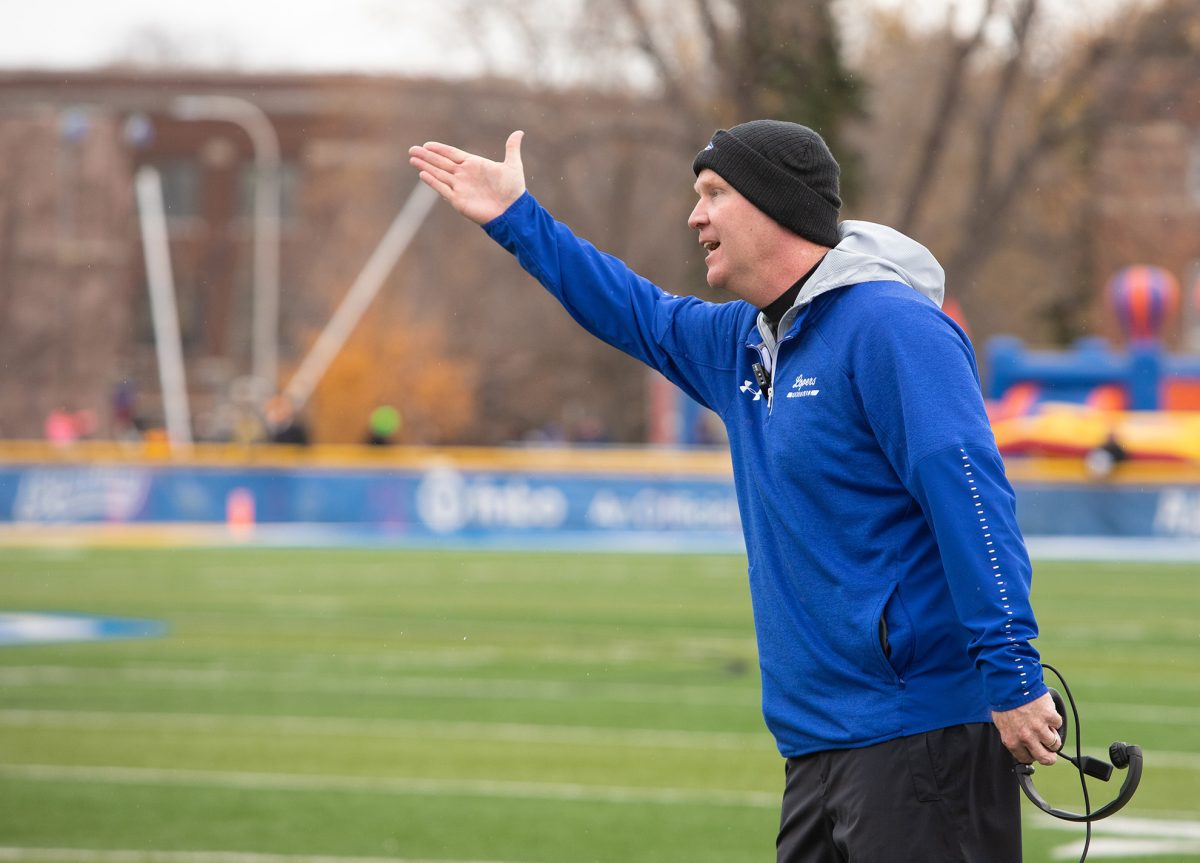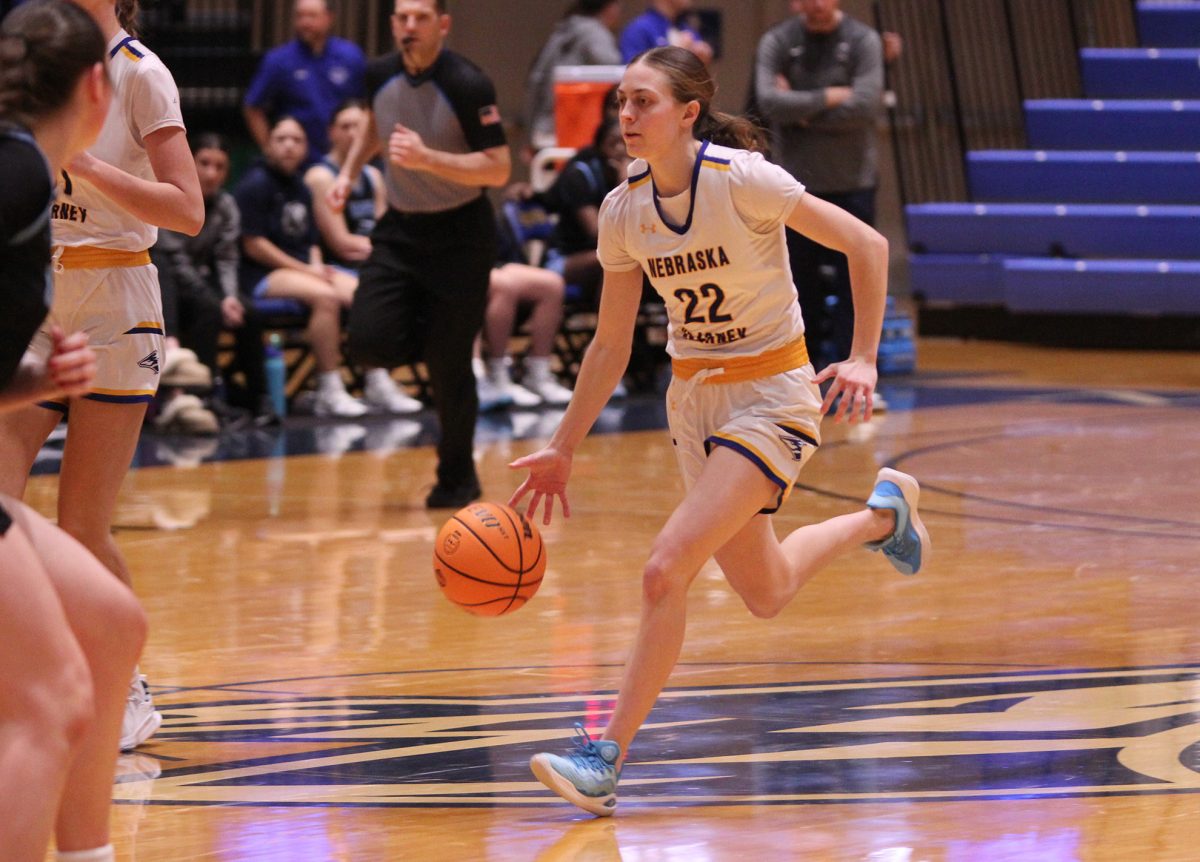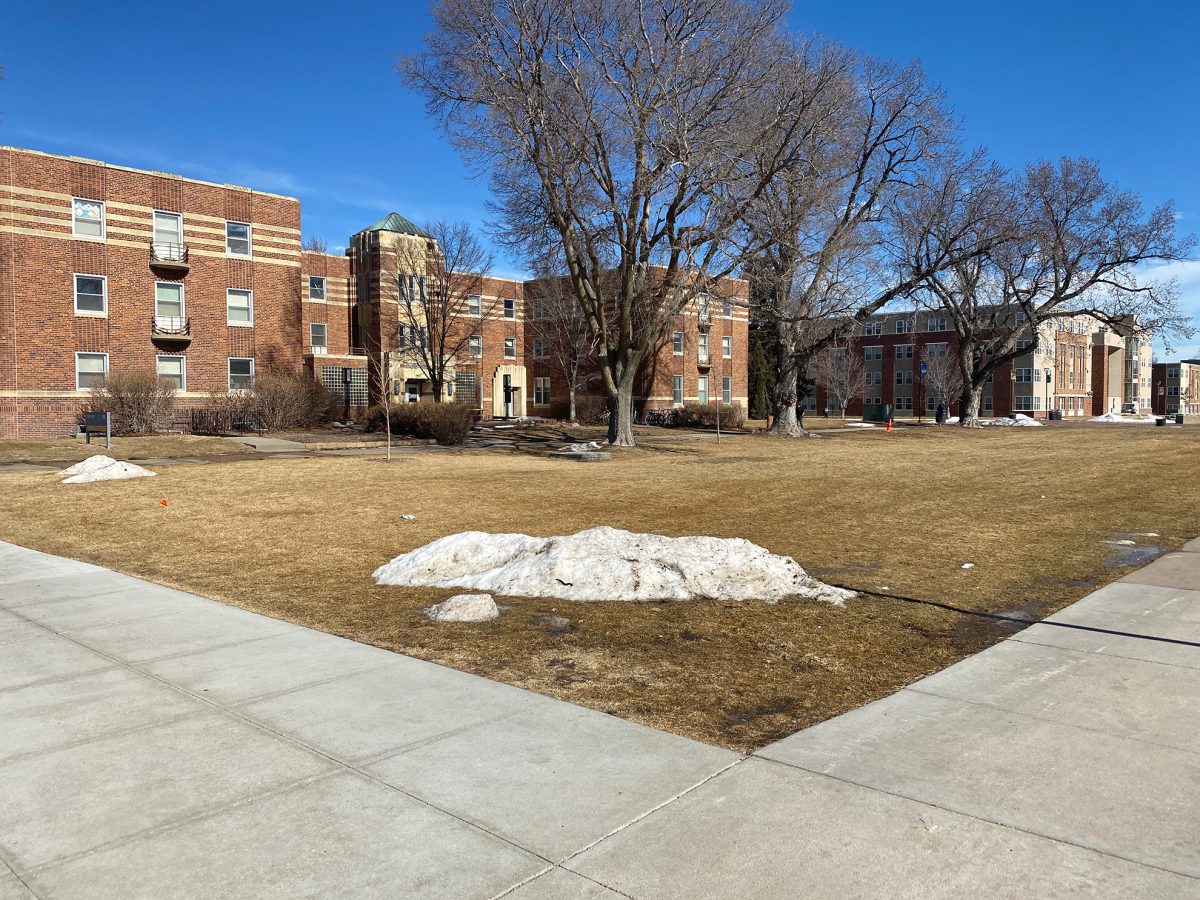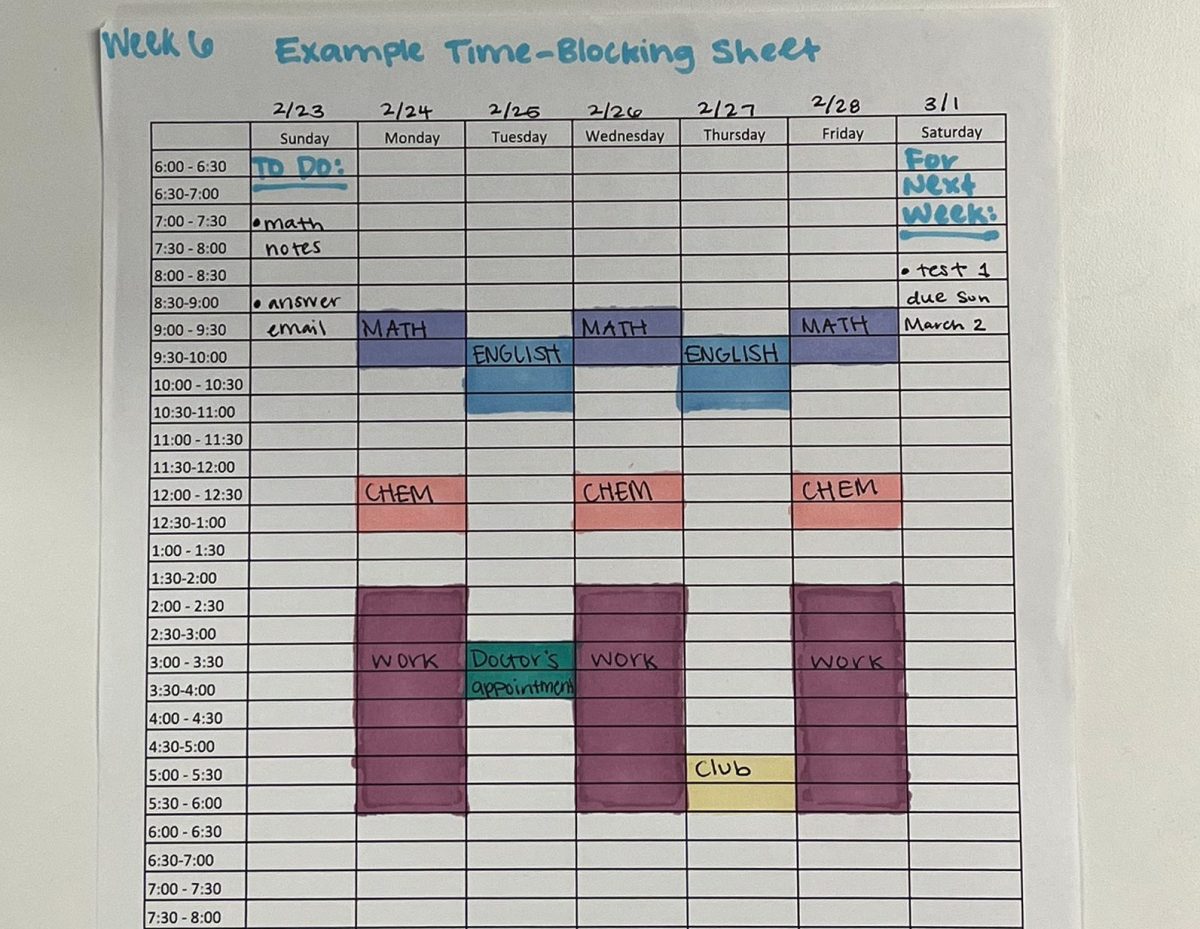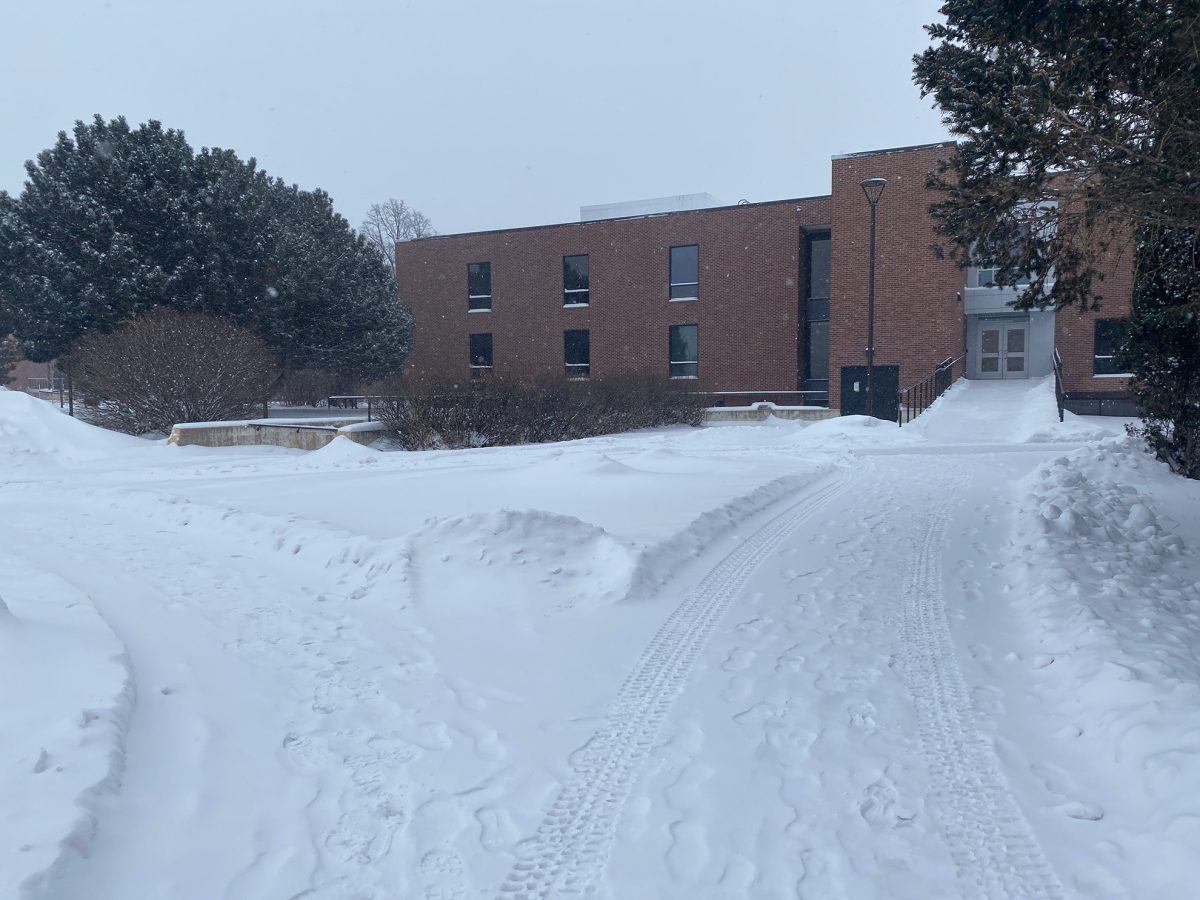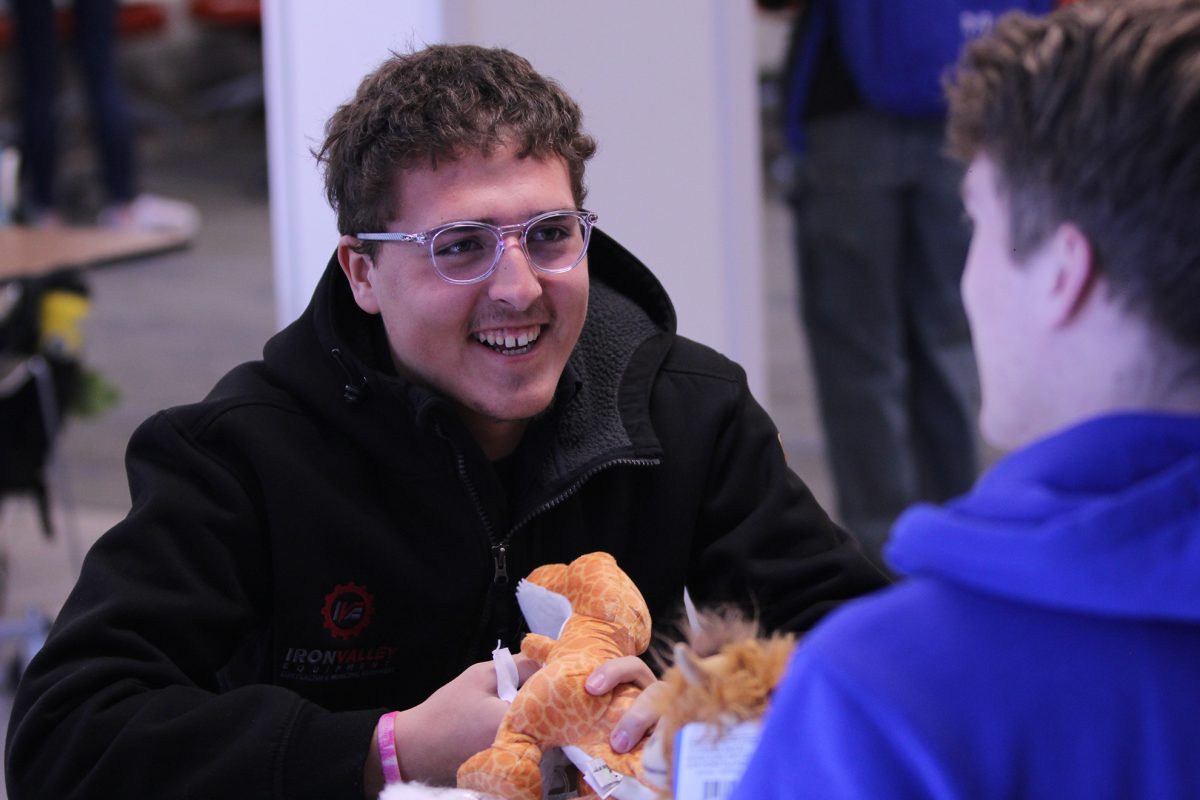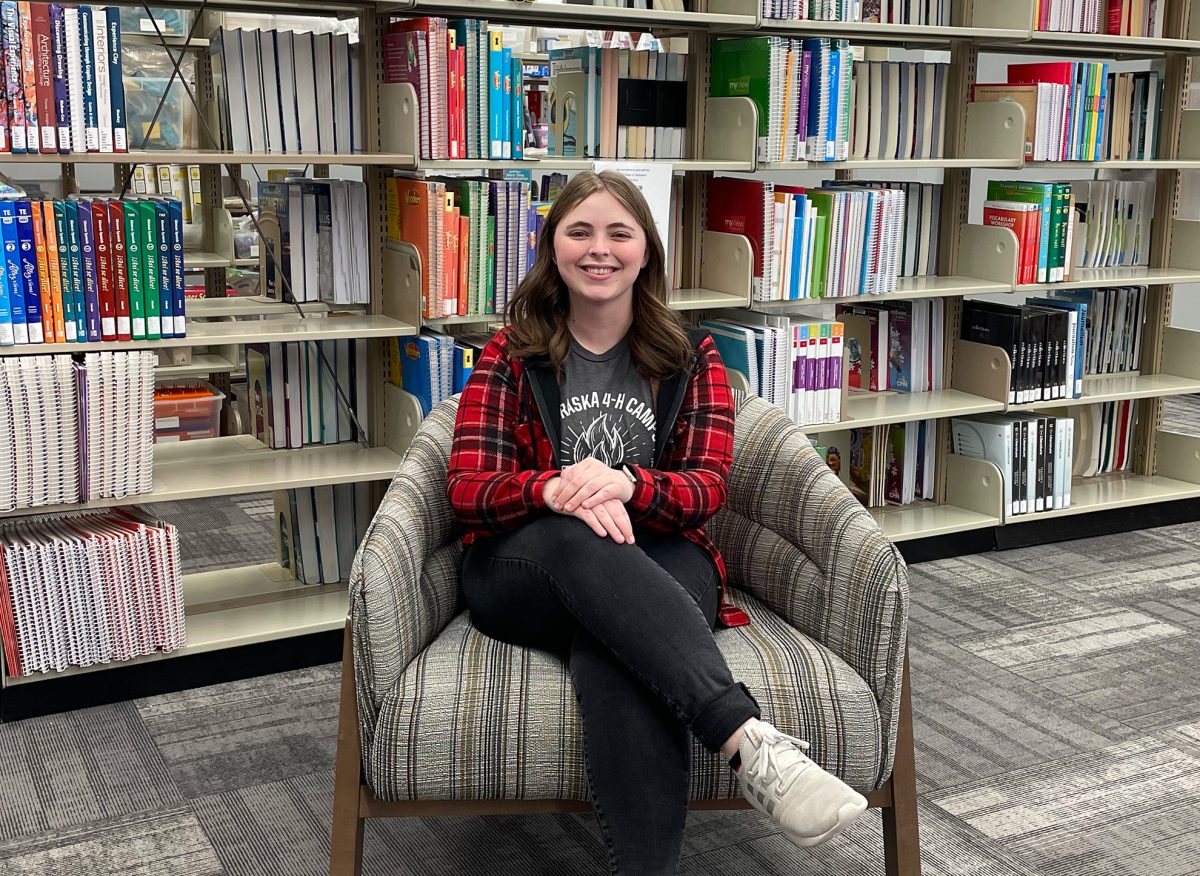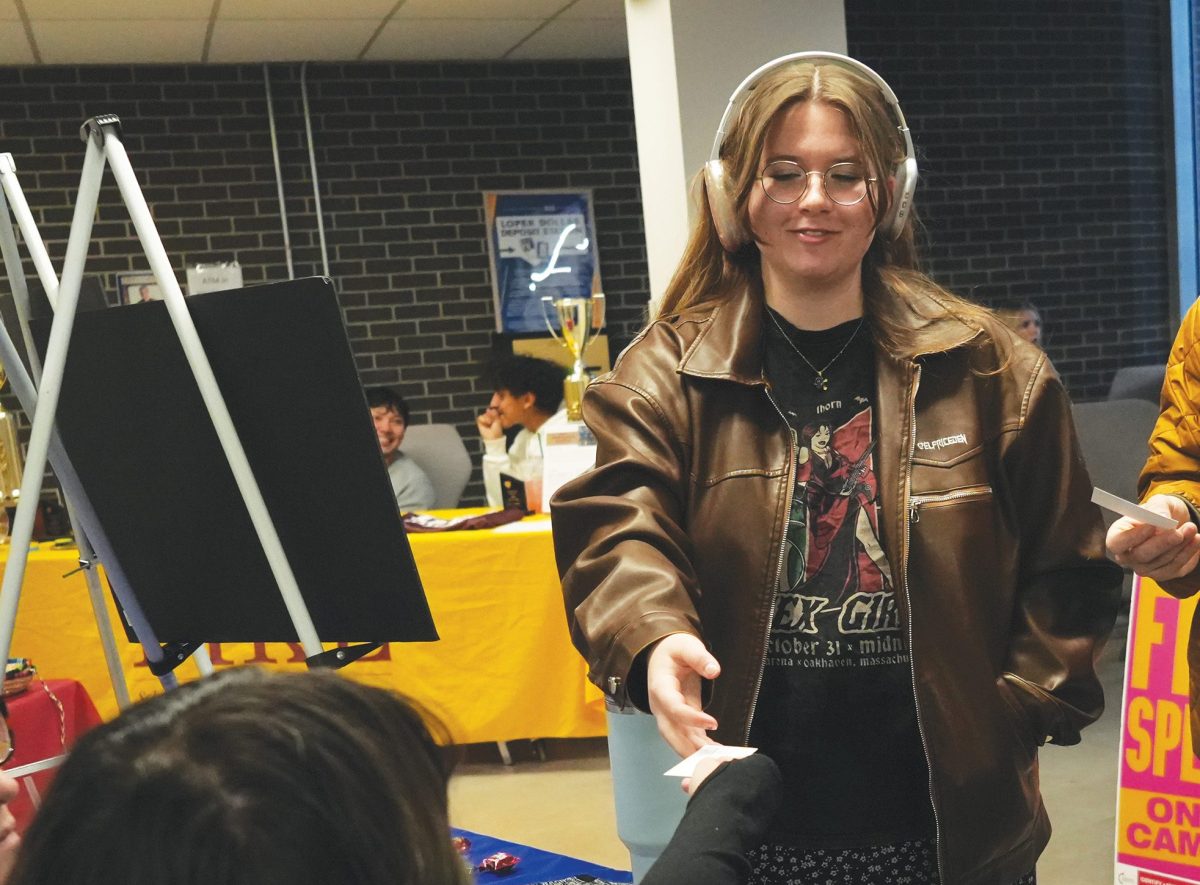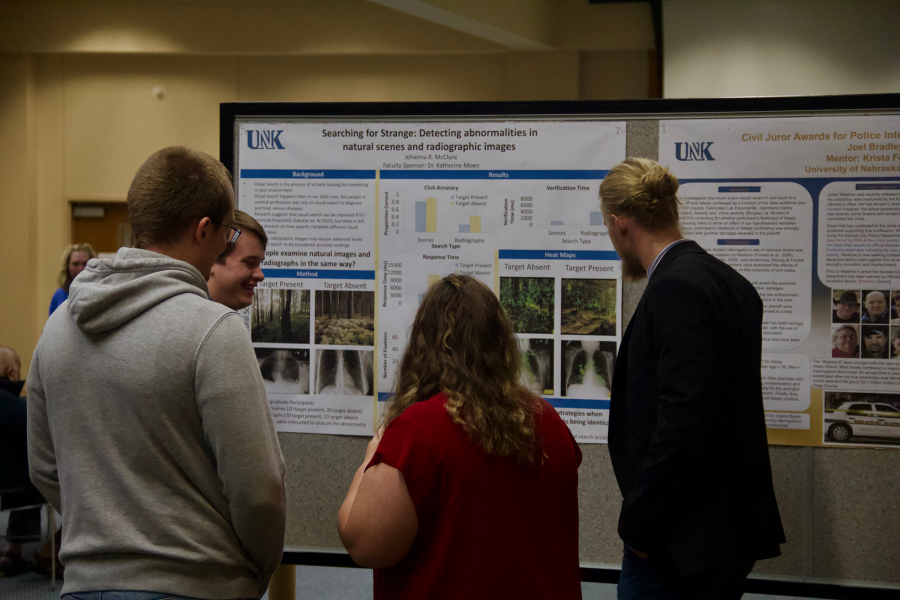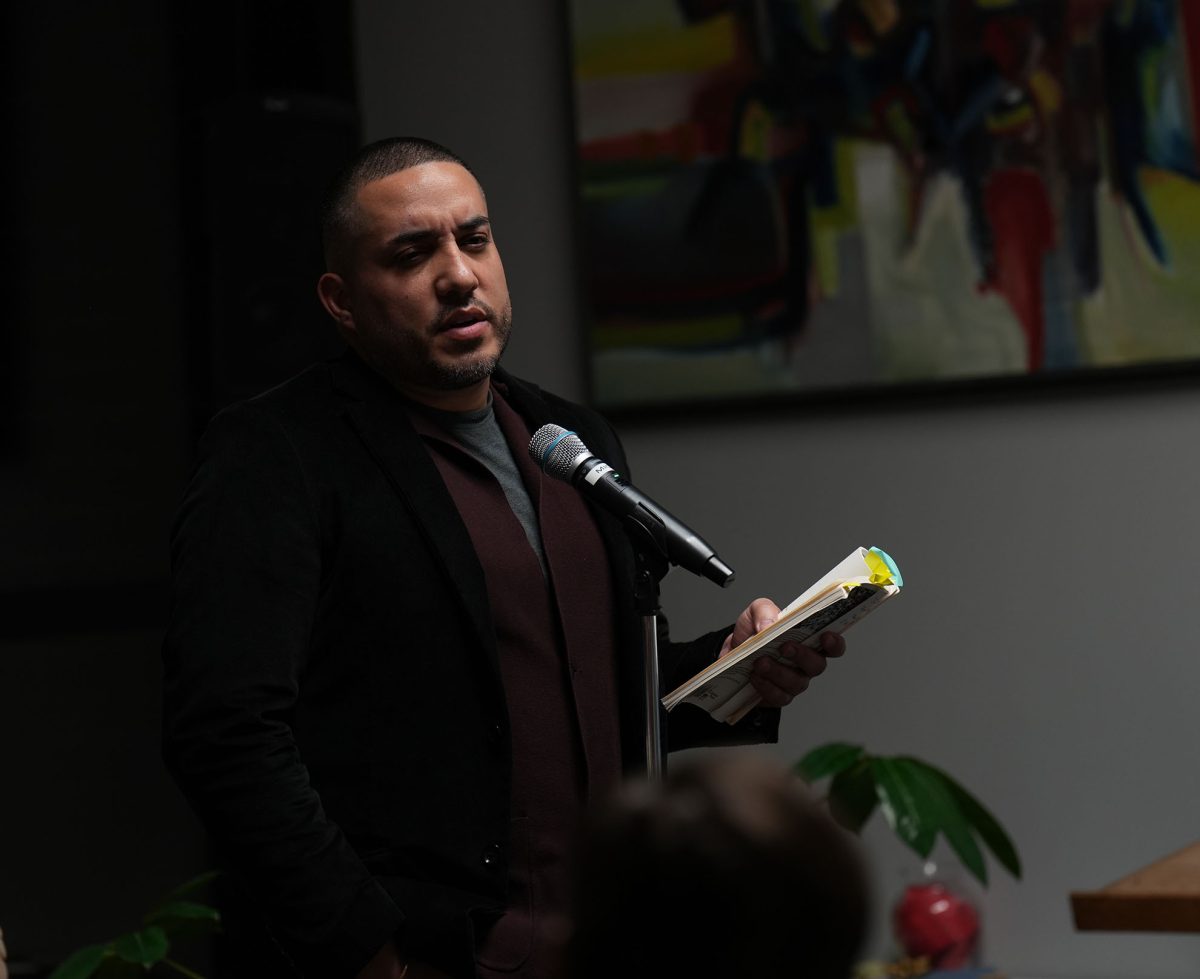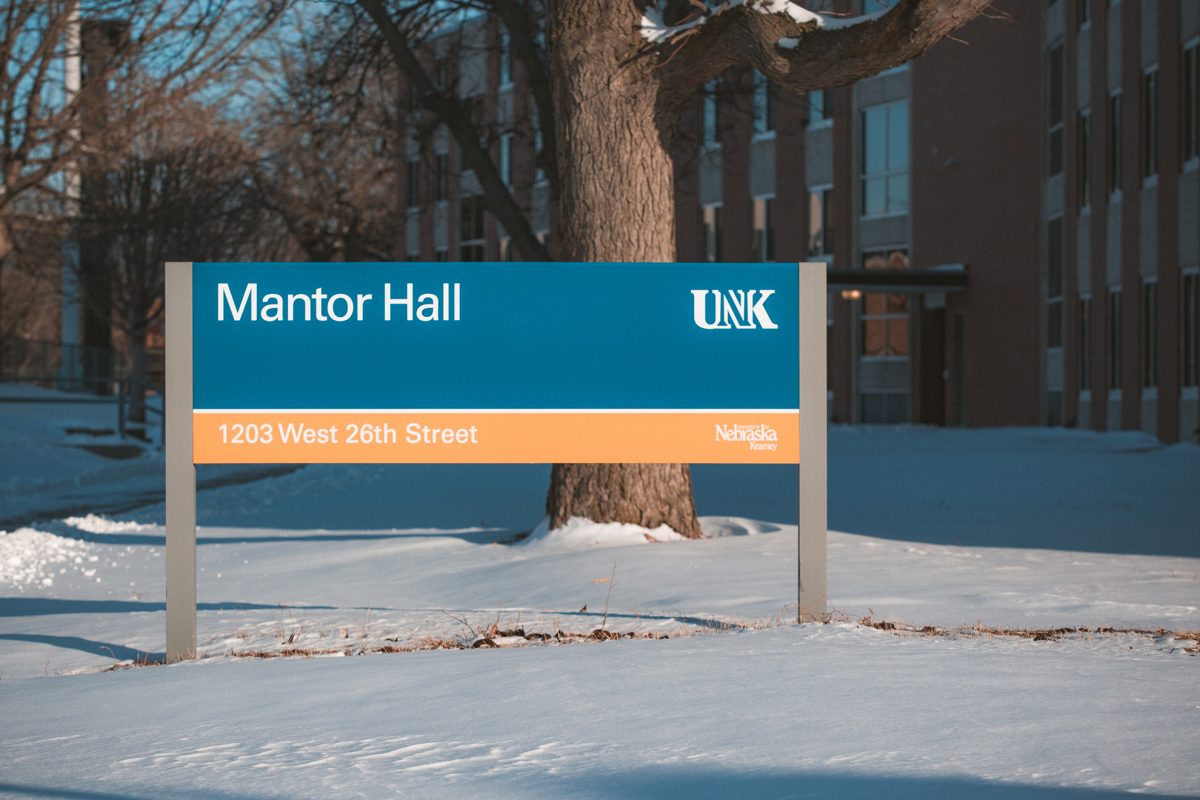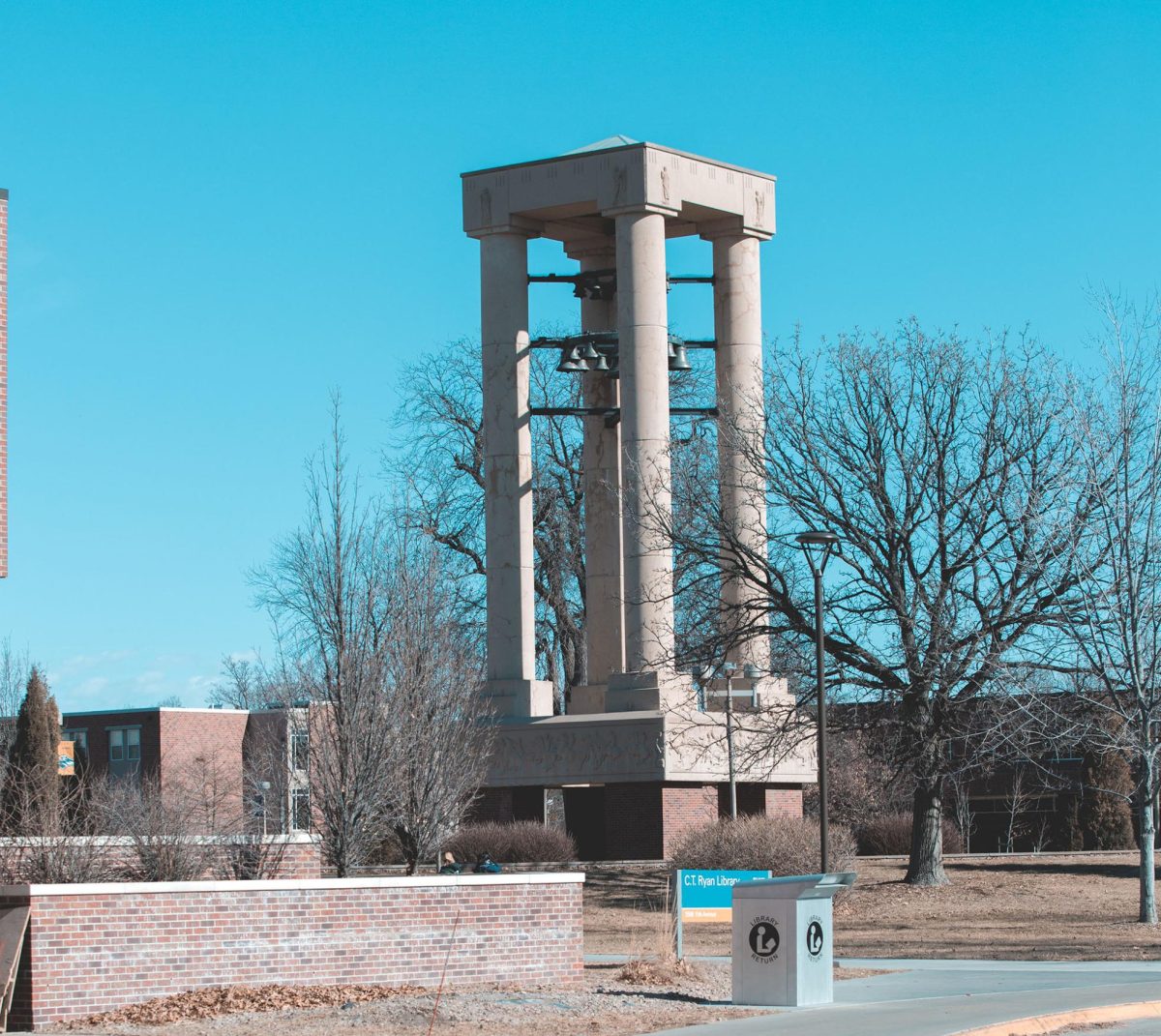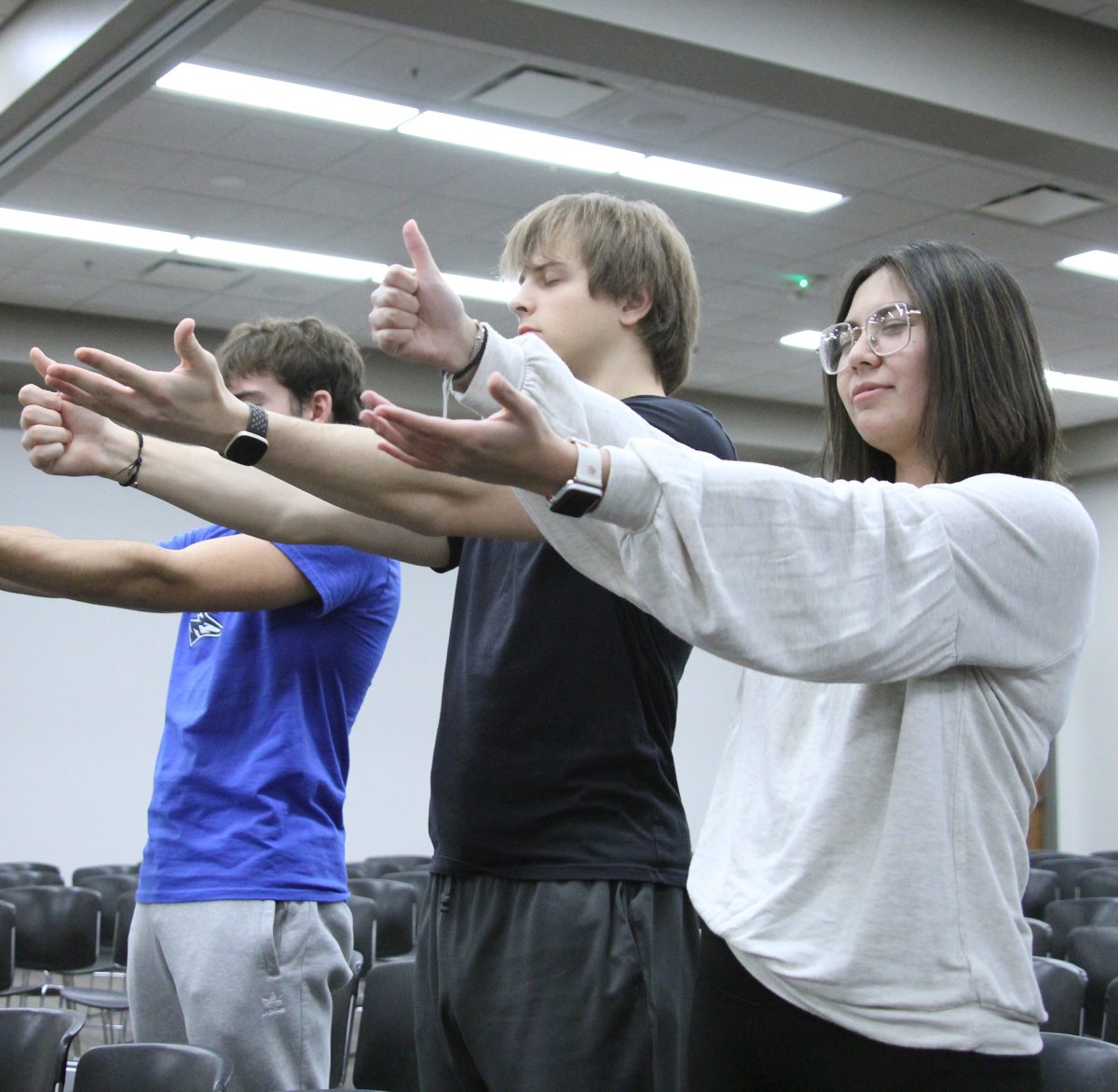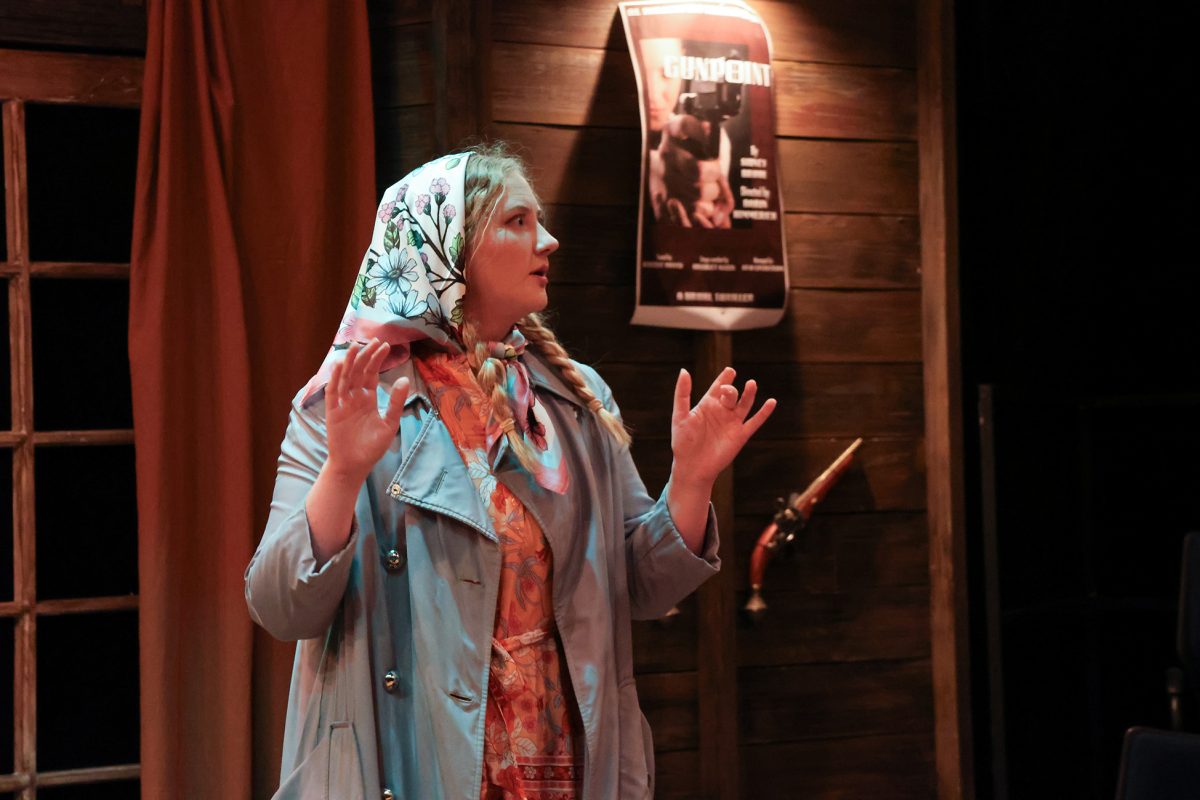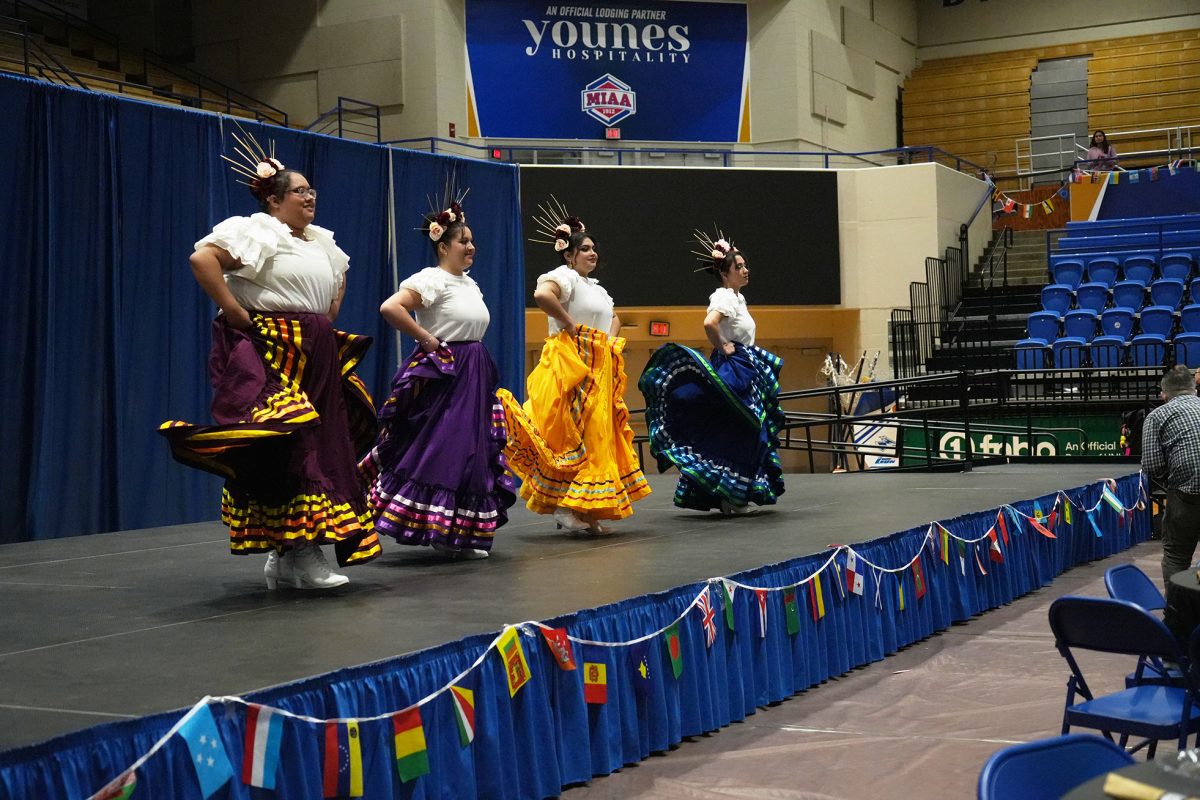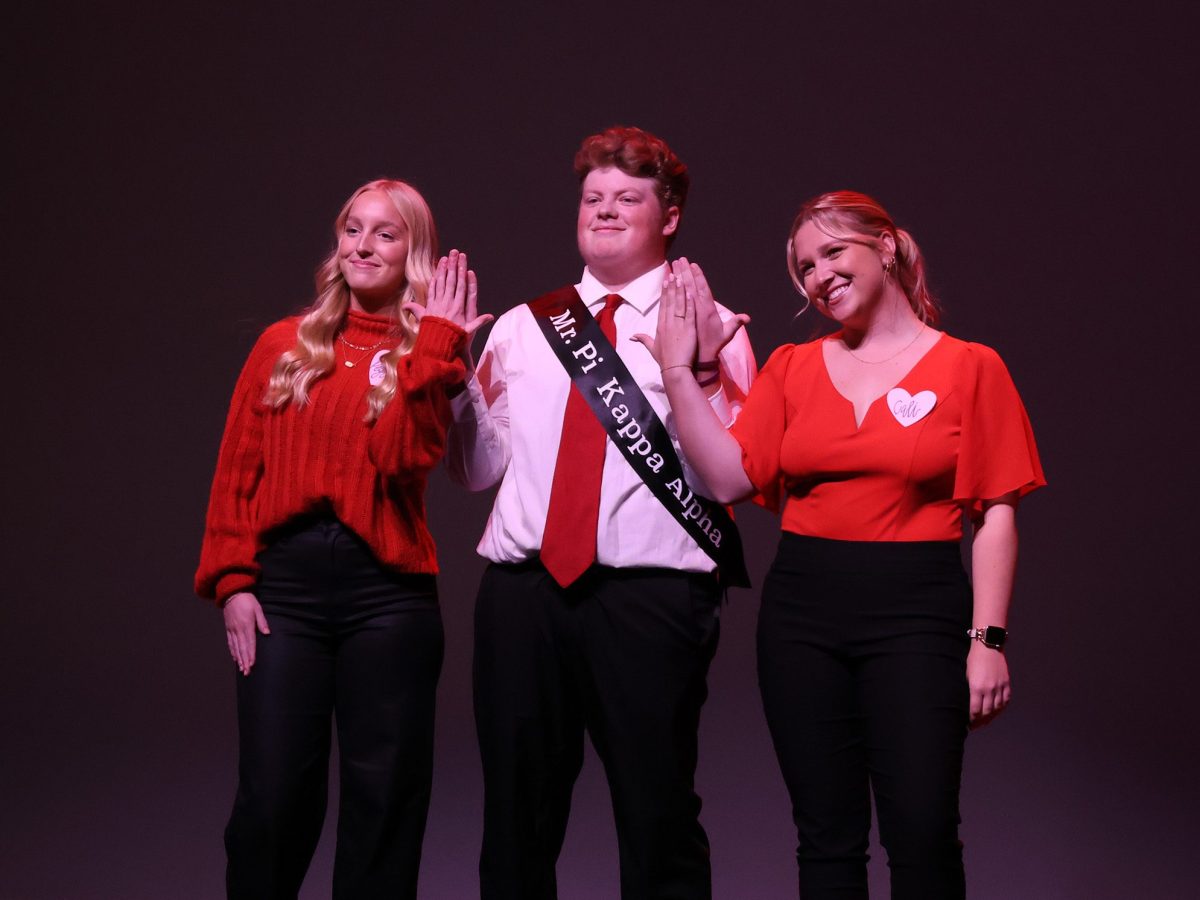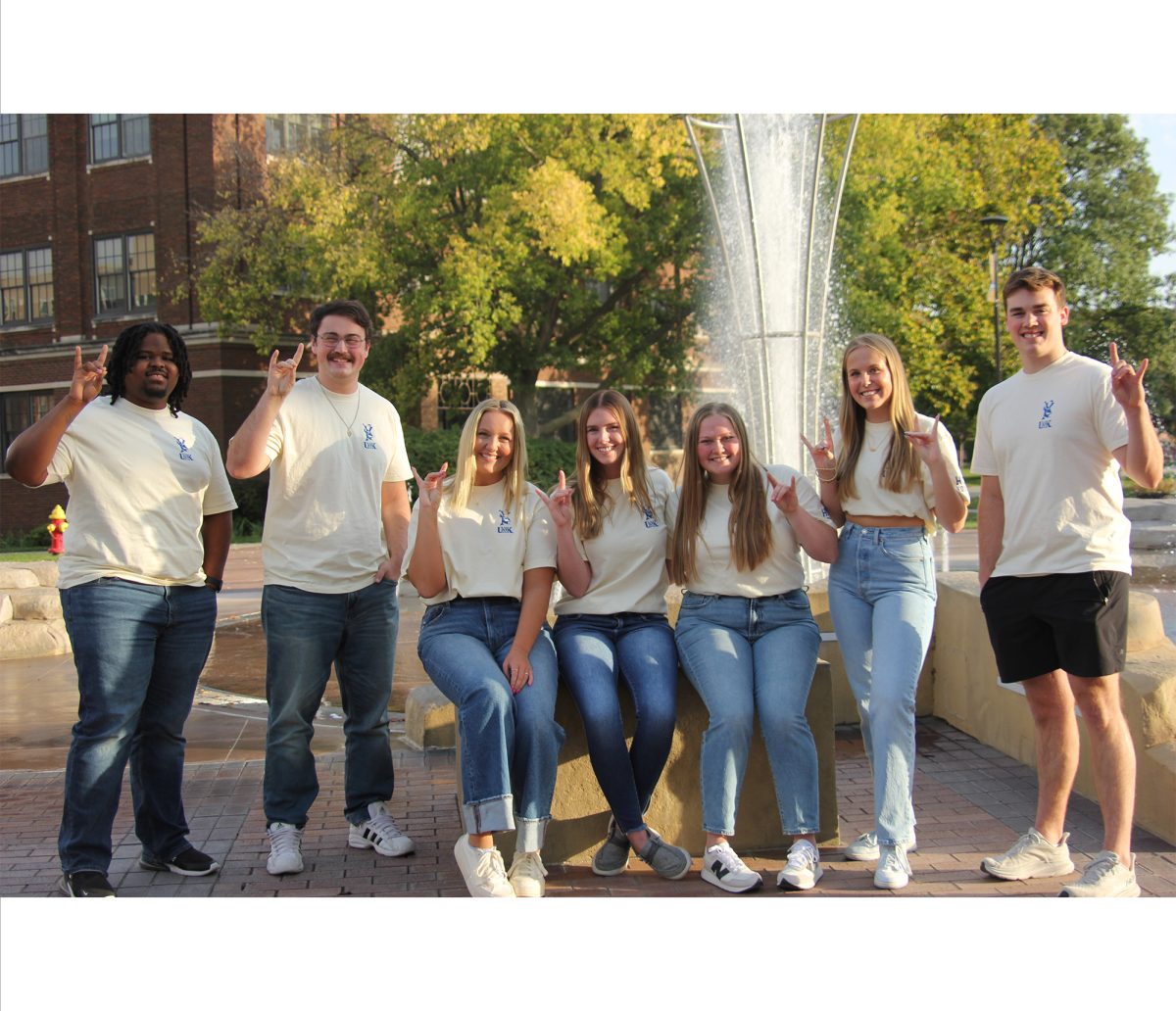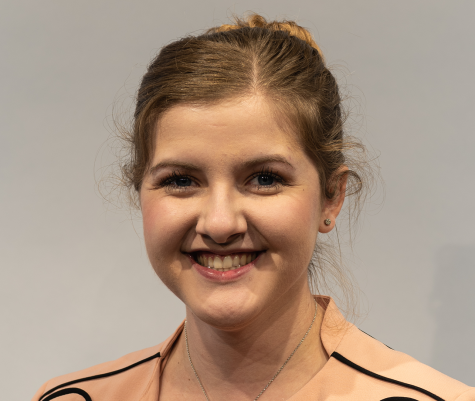mcdonaldge@lopers.unk.edu
After months of hard work, the Summer Student Research Program held its grand finale. The 10 students involved in the program presented their findings in the Ponderosa Room last Friday by describing their processes and showcasing their posters.
Director Dr. Dawn Simon said the program “supports independent student research and scholarly activity.”
“The bigger benefit for them is the experience itself,” Simon said. “Research in general encourages critical thought and that process of sifting critically can help in any career.”
Students meet with faculty members and propose research projects that apply to their field of study. The selected group of students works on their projects alongside their mentors from mid-May to the beginning of August. The university pays them $3,250 to conduct research and attend sessions where they practice presentations and share the challenges of their work.
The majors involved with the Summer Student Research Program range from chemistry to English students.
Mackenzie Hagemeister, a psychobiology senior, tested drug molecules as treatments for sleep-wake cycle disorders, seasonal depression and other mood disorders. She used zebrafish larvae as animal test subjects. Throughout her project, she received guidance from organic chemistry professor Dr. Allen Thomas and psychology professor Dr. Evan Hill.
Hagemeister believes the experience will aid her in medical school.
“I think as a physician being able to look at a problem and think about something other than what is currently presented as the options,” Hagemeister said. “(My mentors) inspired me to continue doing research as a physician, even if it’s just like running clinical trials on patients. So that will be a big part of my career.”
Research doesn’t always involve experiments, however.
Zachary Markussen is a junior majoring in English with a writing emphasis. For his project, he wrote three short stories with twists on myths and folktales from Spain, Ireland and Germany. He said he wanted to get “a good cultural spread” of stories.
“I’m a way better writer,” Markussen said. “I got practice in getting to work with the profession. I got to have somebody taking a close comb through everything. It prepared me a lot for just being independent with that.”
The application deadline for the Summer Student Research Program is Feb. 20. Students must meet with a faculty member, write a project description, write an essay and submit a mentor letter to be considered.
